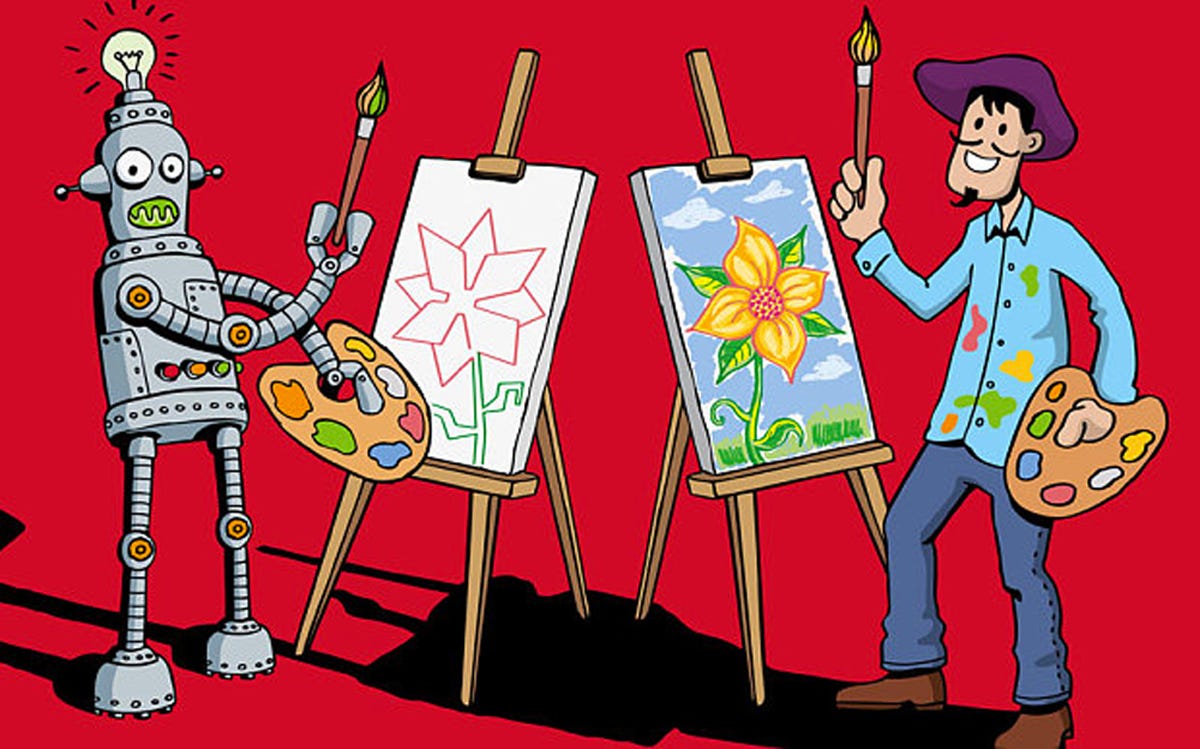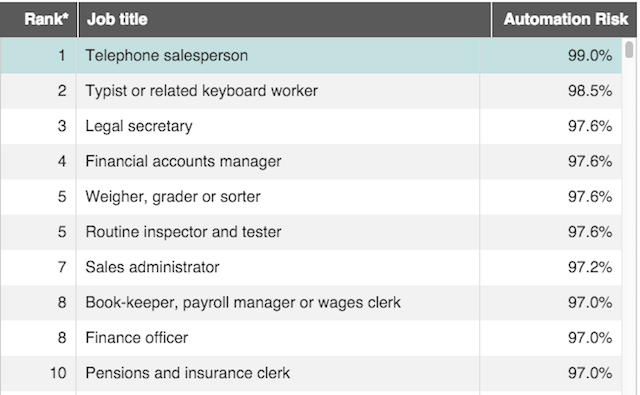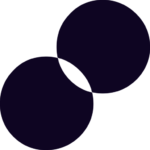Media likes to scare us that automation will “steal” our jobs, that robots will make most of the professions obsolete. Many corporations have made serious investments implementing robots throughout their operations; McDonals’ robots flip burgers and Amazon robots work in warehouses. Artificial intelligence is already capable of handling lawsuits(at least a large chunk of it), parking tickets, insurance claims and basic bookkeeping, manages investment portfolios, and performs basic HR tasks.
Yes, human labour doesn’t stand a chance against robots, as unlike us, robots work 24/7 and are not prone to errors. But there is a huge opportunity in this. It forces us to reboot our concept of ‘work’. By developing spectacular skills and abilities like creativity (which can’t be machine thought yet) — our careers will thrive.
Could A Robot Do Your Job? Not If You’re Creative Enough

According to a 2013 report from Oxford academics, 47% of workers in America have jobs at high risk of potential automation.
What society therefore urgently needs is an entirely new value system for both education and work; one centred around the singular thing robots can’t quite catch up with us on: creativity.
Some 35% of jobs in the UK could be fully automated within next few years, Nesta’s Creativity versus Robots report found, but highly creative roles are much less likely to be taken by robots, with 87% of these roles at low or no risk of automation in the UK. The report ranked more than 500 professions involving varying levels of creativity to understand which jobs were under threat of automation. Nesta has been calling on the Government to create 1m new creative jobs by 2030 to ensure that the UK economy does not end up with a redundant workforce.
The report cites a “sagging middle” in the labour market where machines and computers are replacing employees in routine jobs, such as telephone sales.

This is our wake up call. We have the chance — or rather — an urgent necessity to re-architect the human experience and move all this talent into higher performing jobs. However, that will take incredible imagination and initiative from our side. Instead of relying on what we already know, we need to stay hungry and foolish — as Jobs was once proclaiming. We need to infuse some of that creative firepower to be able to deal with automation changes in our careers and businesses. Only when we adopt an untrite mindset — a sense of curiosity, breaking free, conflict and ingenuity, we will future-proof our professional lives.
Curiosity
Curiosity is the foundation of the human evolution. In the past, people had to be curious about what was happening around them or they wouldn’t survive. Today, we need to actively harness it curiosity in order to tackle the challenges future presents. Having a sense of curiosity, where you feel empowered to really have an imagination and explore — is our advantage. We need that sense of wonder in order for creativity to flourish.
Company leaders looking to ensure the future of their enterprise should encourage their teams’ contagious curiosity by inviting them to bring their child-like self to work every day. Creativity works much like a bulletproof vest for our progress, allowing us to adapt to fast-changing environments that might destroy those that are slow to evolve. Automation is just another phase speeding these changes.
Breaking Free (Getting Out Of Comfort Zone)
Your comfort zone is a behavioural space where your activities and behaviours fit a routine and pattern that minimises stress and risk. It provides a state of mental security. It’s a natural state that most people trend towards. Although leaving it means increased risk and anxiety, staying in it usually means little creativity. Translating that into our professional lives can mean rendering our position obsolete or/and replaceable by robots.
Conflict
Companies should play an active role in helping us breaking free. Once we push ourselves out of the comfort zone, we should open ourselves for a thought conflict — a clash of perspectives on certain subjects.
Building a creative workplace requires a healthy amount of friction. In the 1950s, psychologist J.P. Guilford first published the theory that creativity was dependent on what he called divergent thinking. The key is fostering a very safe work environment in which people can freely disagree with each other and spur fresh ideas. One example of how to do this is by seating people next to each other who see the world differently, such as developers sitting next to designers. The idea is being confronted by different opinions creates that slightly uncomfortable sweet spot where creativity flourishes and innovation actually happens.
Ingenuity
When curiosity and diversity converge, the byproduct of it is an environment where ingenuity can flourish, and there are places where this out-of-the-box thinking has become a prevalent cultural trait. In order to survive the future of work, people and companies need to actively invest in their own demise. Companies content to focus on incremental changes will almost inevitably become casualties of technological disruption.
Automation’s place in the workforce is still in its early years, but even as it grows, it doesn’t need to be as scary as many might believe. The change is inevitable so politically and culturally, people will have to accept intelligent machines into their lives. This is our wake up call to reinvent ourselves and invest in explore what makes us truly human: our creativity.
— –
At Untrite, we provide smart RPA solutions for high growth companies. We are very excited about the new projects we are taking on helping our clients’ employees focus on productivity — not processing. Follow our next steps by subscribing to our newsletter or get in touch by emailing me directly at kamila@untrite.com.



